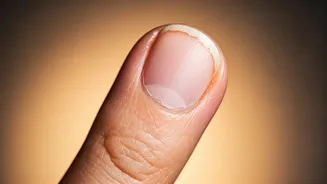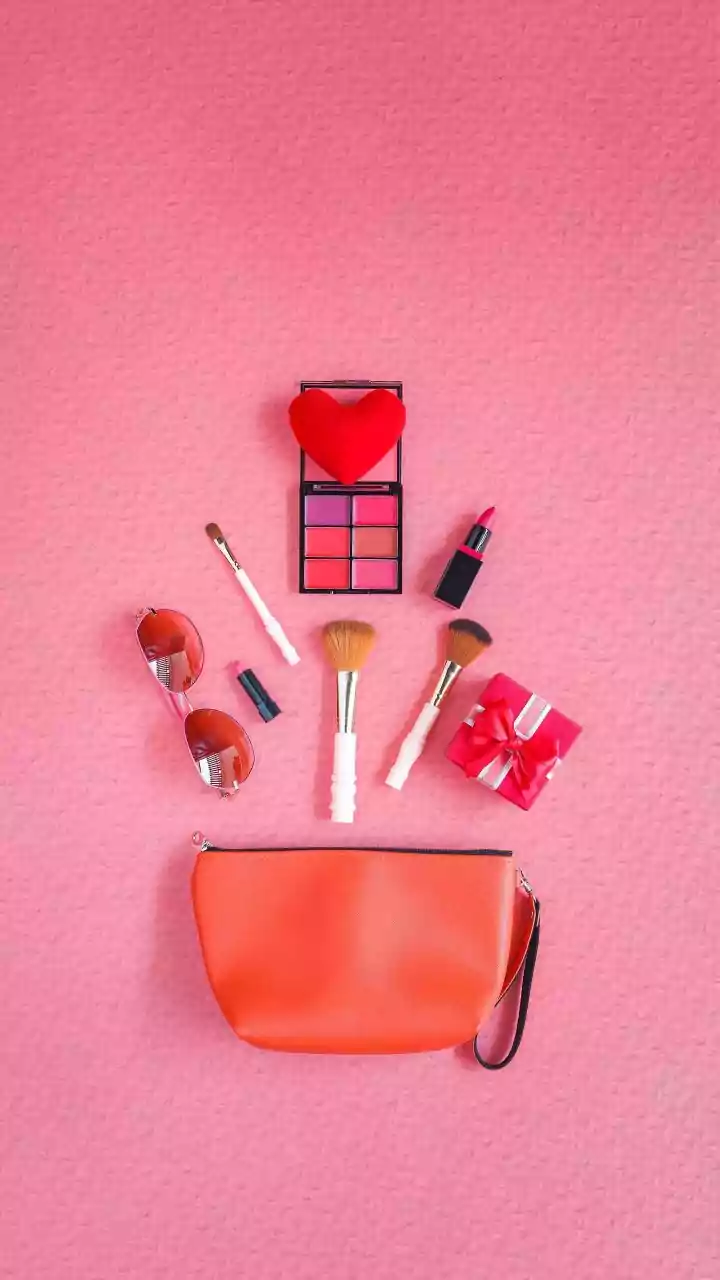What Are Brittle Nails?
Brittle Nail Syndrome (BNS), medically known as onychoschizia, is characterized by nails that are easily split, cracked, or chipped. This widespread issue
can affect both fingernails and toenails, making simple daily tasks challenging. Several factors contribute to the development of brittle nails. External causes include frequent exposure to water, harsh chemicals, and excessive use of nail polish remover. Internal factors encompass nutritional deficiencies, underlying medical conditions like thyroid disease, and the natural aging process. Identifying the root cause is essential for implementing appropriate treatment and improving nail health. The symptoms of brittle nails encompass vertical ridges, splitting at the free edge, and general dryness or fragility. These symptoms often worsen with repeated exposure to stressors or irritants, like the use of detergents or frequent hand washing.
Nutritional Deficiency Role
Nutritional deficiencies are frequently linked to the occurrence of brittle nails. A lack of specific vitamins and minerals can impair nail growth and structure, leading to weakness and breakage. Deficiencies in biotin (vitamin B7) are particularly associated with brittle nails. Biotin is a crucial nutrient for keratin production, the primary protein that constitutes nails, hair, and skin. Iron deficiency anemia can also make nails brittle, causing them to become concave or spoon-shaped. Other important nutrients include vitamin A, vitamin C, and zinc. These nutrients support the health of the nail matrix, where new nail cells are created. A balanced diet rich in fruits, vegetables, lean proteins, and whole grains is vital for providing the body with the essential nutrients needed for nail health. Addressing nutritional deficiencies often involves dietary adjustments and, in some cases, the use of supplements, after consulting a healthcare professional.
Everyday Habits Impact
Daily routines and habits play a significant role in the condition of your nails. Frequent exposure to water, such as washing dishes or swimming, can strip nails of their natural oils, making them dry and brittle. Harsh chemicals found in cleaning products, nail polish removers, and nail treatments can also damage nails over time. The mechanical stress caused by activities like typing or gardening can lead to splitting and chipping. Regular nail biting or picking at cuticles adds to the problem. To mitigate the adverse effects of daily habits, it is important to take protective measures, like wearing gloves when working with water or chemicals, and using gentle, acetone-free nail polish removers. Maintaining short nails can also help minimize the risk of breakage. Applying a moisturizer or nail oil regularly keeps nails hydrated and less prone to brittleness.
Supplements: Do They Help?
The use of supplements is commonly explored as a way to improve nail health. Biotin supplements are frequently used to treat brittle nails. Research indicates that biotin supplementation can improve nail thickness and reduce splitting in individuals with deficiencies. However, the effectiveness of biotin may vary, and it is crucial to consult a healthcare professional before initiating supplementation. Other supplements, such as those containing collagen, may support nail strength and growth, as collagen is a vital structural protein. Iron supplementation is helpful if iron deficiency anemia is present. Before starting any supplement regimen, it is important to consult a healthcare professional to identify the root cause of brittle nails and assess individual needs. A balanced diet and good nail care practices are also essential for optimal nail health.
Nail Care Recommendations
Implementing proper nail care practices can significantly improve nail health and strength. Keeping nails trimmed and shaped helps minimize the risk of breakage. Filing nails in one direction, rather than back and forth, helps reduce splitting. Regular moisturizing of nails and cuticles keeps them hydrated and prevents dryness. Using nail-strengthening products, such as those with keratin, can help improve the structure of the nail. Avoiding harsh chemicals and excessive exposure to water also protects nails from damage. Protective measures include wearing gloves while doing housework or gardening. Considering a professional manicure or pedicure, to help maintain the health and appearance of nails, and consulting a healthcare professional for specific concerns, are important steps for healthier nails.
























